Chimps Do Not Make Good Pets!!
Video: Adorable Baby Chimpanzee Makes Himself Dizzy
Milou, a young rescued chimpanzee, now lives at the IDA Africa, Sanaga-Yong Chimpanzee Rescue Centre in Cameroon. Apparently, while the other chimp youngsters climb trees, Milou does this!
Milou at IDA-Africa sanctuary playing on his own while the other chimps climb in the trees. CHIMPANZEES DO NOT MAKE GOOD PETS AT ALL! Milou’s mother was killed for the illegal bushmeat trade and he was going to be sold as a pet. Chimps will always become too strong and playful to keep in a house as they get older.
The clips and pictures from IDA Africa, Sanaga Yong in Cameroon. I volunteered there in 2011. It was an incredible experience. Chimpanzees are amazing animals. They are unbelievably intelligent.
To learn more or make a donation please go to http://www.ida-africa.org/
Chimpanzees Don’t Make Good Pets
Chimpanzee and monkey infants are irresistibly cute, and it might seem that raising one would be just like raising a human child. As infants, chimpanzees are affectionate, needy, and a delight to interact with. But chimpanzees grow up fast, and their unique intelligence makes it difficult to keep them stimulated and satisfied in a human environment. By age 5 they are stronger than most human adults. They become destructive and resentful of discipline. They can, and will, bite. Chimpanzee owners have lost fingers and suffered severe facial damage.
Reality Bites
Infant chimpanzees normally receive 24-hour attention from their mothers. Chimpanzee mothers will sleep with one hand on their child so contact is constant. No human can approach this level of caretaking. There are other problems: constant messes, demanding feeding schedule and the natural need chimpanzees have for mental stimulation. Bear in mind, captive primates can live 50- 60 years.
Chimpanzee owners often don’t travel because they can’t find suitable caretakers for their pets. Furthermore, chimpanzees are likely to rebel when owners come home late from work or have irregular schedules. Space is another obstacle. Homes are not large enough to keep these active animals happy.
While infant chimps can be diapered, once puberty hits most chimps resist diapers and clothing. Additionally, chimpanzees can make a mess that will daunt even the most practiced housekeeper. Imagine a toddler having the strength to move tables, pull down curtains and climb to anything put out of reach. It is impossible to train chimps to behave totally like humans.
Nonhuman primates are used frequently in medical research because they are susceptible to many of the same diseases as humans such as herpes, viral hepatitis, and measles. These diseases can be transferred easily from them to us and vice versa.
Aggression is a natural aspect of chimpanzee behavior and it is not uncommon for chimps to bite each other in the wild. However much a misguided chimp owner continues to love his or her "child," the chimpanzee will be too dangerous to keep as part of the family. Many owners, to delay the inevitable day that the chimp will have to be removed from the house, will pull the chimp’s teeth, put on shock collars — even remove thumbs in the mistaken notion that this will make it impossible for the chimp to climb the drapes.
Giving Them Up
The day will come when despite all best efforts the chimpanzee must go. The owners often feel betrayed by the animals that they raised and devoted so much attention to. Sadly, they cannot be sent back to Africa. Most zoos will not take ex-pets because human-reared chimpanzees do not know chimp etiquette and tend not to fit into established groups. Tragically, many pet chimps end up in medical research laboratories. Because owners are asked not to visit the chimps — so as not to disturb them in their "new-found happiness" — the former chimp owners never realize the horrendous conditions to which they have condemned their friend.
Legality
Many states, counties, cities and towns have laws banning the ownership of non-human primates.
Take Action!
Please ask your Senator to support the Captive Primate Safety Act. It will prohibit interstate and foreign commerce in primates as pets.To find your senator’s contact information, go to http://www.usa.gov
WANT TO RAISE A CHIMP? THINK AGAIN.
Chimpanzees are meant to live in the wild, not in our homes. Those that have been taken from the forest and their mothers belong in a sanctuary or a high quality zoo. Like human children, ape children learn in a social context, by watching and imitating adults. Chimps that grow up apart from a normal group fail to learn the nuances of chimp etiquette, and are likely to behave abnormally. As adults, chimpanzees have at least five times the strength of humans – too much for any pet owner to manage! Zoos usually refuse to accept pets because they tend not to fit into established groups. Historically, many pet chimps ended up in medical research laboratories. Today they are likely to end up in a roadside zoo.
Addtional Resources
Opinion by Jane Goodall, "Loving Chimps to Death"
Center for Great Apes (provides permanent sanctuary in a safe and enriching environment for orangutans and chimpanzees in need of long-term life care.)
National Geographic News: The Perils of Keeping Monkeys as Pets - "If you try to keep them as pets you’re creating a mentally disturbed animal in 99.9 percent of the cases."
November 2, 2013 - Posted by justonemorepet | animal behavior, Animal Related Education, Animal Rescues, If Animlas Could Talk..., Just One More Pet, Pet and Animal Training, Pet Friendship and Love, Pets, Wild Animals | Africa, chimpanzees, chimps, Goodall, JOMP, Just One More Pet, mammals, primates, sanctuaries
1 Comment »
Leave a comment Cancel reply
Save a Life…Adopt Just One More…Pet!
Everyday we read or hear another story about pets and other animals being abandoned in record numbers while at the same time we regularly hear about crazy new rules and laws being passed limiting the amount of pets that people may have, even down to one or two… or worse yet, none.
Nobody is promoting hoarding pets or animals, but at a time when there are more pets and animals of all types being abandoned or being taken to shelters already bursting at the seams, there is nothing crazier than legislating away the ability of willing adoptive families to take in just one more pet!!
Our goal is to raise awareness and help find homes for all pets and animals that need one by helping to match them with loving families and positive situations. Our goal is also to help fight the trend of unfavorable legislation and rules in an attempt to stop unnecessary Euthenization!!
“All over the world, major universities are researching the therapeutic value of pets in our society and the number of hospitals, nursing homes, prisons and mental institutions which are employing full-time pet therapists and animals is increasing daily.” ~ Betty White, American Actress, Animal Activist, and Author of Pet Love
‘Until One Has Loved an Animal, Part of Their Soul Remains Unawakened’
So if you have the room in your home and the love in your heart… Adopt Just One More Pet or consider becoming a Foster parent for pets… Also check out: Little Critter: Just One More Pet
Inside of a Dog: What Dogs See, Smell, and Know(Kindle)


Photos By: Marion Algier – The UCLA Shutterbug
There is always room for Just One More Pet. So if you have room in your home and room in your heart… Adopt Just One More! If you live in an area that promotes unreasonable limitations on pets… fight the good fight and help change the rules and legislation…
Save the Life of Just One More…Animal!

Recent and Seasonal Shots
As I have been fighting Cancer… A battle I am gratefully winning, my furkids have not left my side. They have been a large part of my recovery!! Ask Marion
Photos by the UCLA Shutterbug are protected by copyright, Please email at JustOneMorePet@gmail.com or find us on twitter @JustOneMorePet for permission to duplicate for commerical purposes or to purchase photos.
See Creative Pet Halloween Costumes
If you can adopt or foster just one more pet, you could be saving a life, while adding joy to your own! Our shelters are over-flowing… Please join the fight to make them all ‘NO-Kill’ facilities.
Help Make a Difference

Protect Your Pet From Tarter and Gum Disease
Plaque Attack Triple Care Dental Spray Amazon.com Widgets- Adopt Just One More Pet All Animals All Pets animal abuse animal advocacy animal advocates animal cruelty animals ASPCA Bears be part of the solution Birds California cancer canines Cats cats and dogs Chihuahuas China Chiweenies Christmas cute dog Doggies dogs dogs and cats Dr. Becker elephants Fido fish for the love of a pet German Shepherd Halloween holidays holidays with pets horses HSUS Humane Society Humane Society of the United States JOMP Just One More Pet JustOneMorePet kittens kitties livestock Love man's best friend military dogs monkeys New York Pet Abuse Pet Adoption Pet costumes Pet Food pet fun Pet Health Pet Parents Pets pet safety pets and holidays Pets Are Family Pet Therapy Puppies puppy mills pups rabbits Rainbow Bridge reptiles responsible pet ownership responsible pet parents service dogs Stop Animal Cruelty Texas There Is Always Room For One More Pet we are their voice
 JustOneMorePet
JustOneMorePet- In Memory of Rocky – Until We Meet Again on Rainbow Bridge
- In Memory of Rocky – Until We Meet Again on Rainbow Bridge
- Panda Accused of Faking Pregnancy To Get Better Food, Air Conditioning
- Dachshund Family Photo | Picture Furrfect
- They Were Dead Puppy Parts Instead of Dead Baby
- Bob’s Full House
- Keep Your Pets Safe on the 4th of July
- JOMP Salutes Doggie Dads Both Two and Four Legged
- Smartest Dog In the World, Chaser – 60 Minutes With Anderson Cooper
- Quebec bill changes animals from "property" to sentient beings and includes jail time for cruelty
Find Pet Friendly Hotels
Recent Comments
JustOneMorePet
Tweets by JustOneMorePetFlickr Photos
Meta
Great Book for Children and Pet Lovers… And a Perfect Holiday Gift
One More PetEmily loves animals so much that she can’t resist bringing them home. When a local farmer feels under the weather, she is only too eager to “feed the lambs, milk the cows and brush the rams.” The farmer is so grateful for Emily’s help that he gives her a giant egg... Can you guess what happens after that? The rhythmic verse begs to be read aloud, and the lively pictures will delight children as they watch Emily’s collection of pets get bigger and bigger.
~~ 2000+ Dog Books And All Things Dog ~~
Dogwise, All Things Dog! Monthly Feature: BEHAVIOR PROBLEMS IN DOGSBuy Now: A Must Have For Every Pet Owner
-
Archives
- August 2015
- July 2015
- June 2015
- May 2015
- April 2015
- March 2015
- February 2015
- January 2015
- December 2014
- August 2014
- July 2014
- June 2014
- May 2014
- April 2014
- March 2014
- February 2014
- January 2014
- December 2013
- November 2013
- October 2013
- September 2013
- August 2013
- July 2013
- June 2013
- May 2013
- April 2013
- March 2013
- February 2013
- January 2013
- December 2012
- November 2012
- October 2012
- September 2012
- August 2012
- July 2012
- June 2012
- May 2012
- April 2012
- March 2012
- February 2012
- January 2012
- December 2011
- November 2011
- October 2011
- September 2011
- August 2011
- July 2011
- June 2011
- May 2011
- April 2011
- March 2011
- February 2011
- January 2011
- December 2010
- November 2010
- October 2010
- September 2010
- August 2010
- July 2010
- June 2010
- May 2010
- April 2010
- March 2010
- February 2010
- January 2010
- December 2009
- November 2009
- October 2009
- September 2009
- August 2009
- July 2009
- June 2009
- May 2009
- April 2009
- March 2009
- February 2009
- January 2009
- December 2008
- November 2008
- October 2008
- September 2008
- August 2008
If You Were Stranded On An Island…
A recent national survey revealed just how much Americans love their companion animals. When respondents were asked whether they’d like to spend life stranded on a deserted island with either their spouse or their pet, over 60% said they would prefer their dog or cat for companionship!
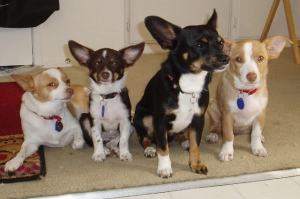

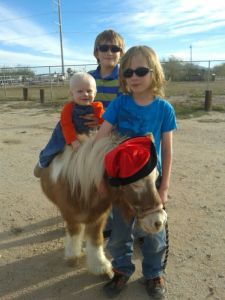


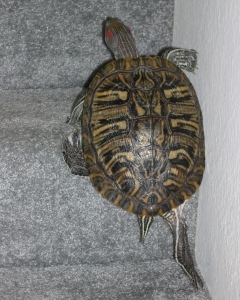
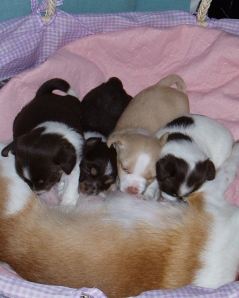
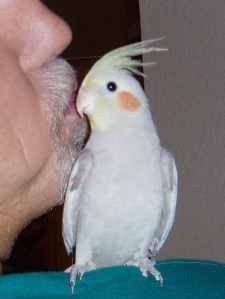
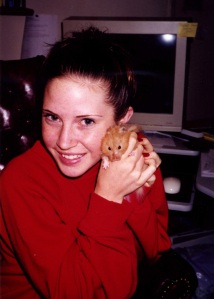
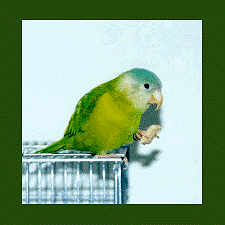
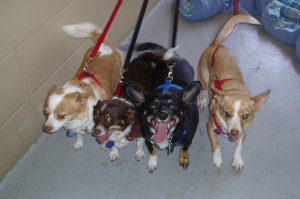
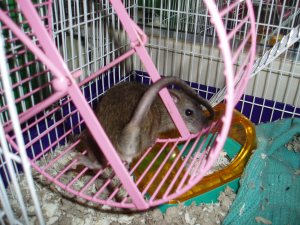

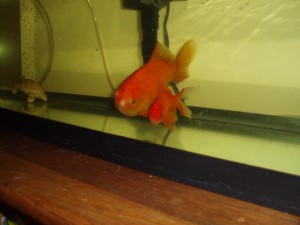
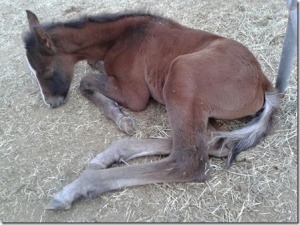

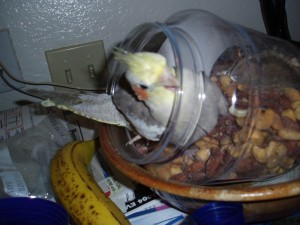
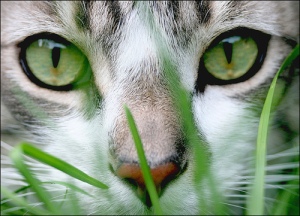
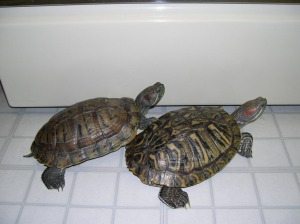

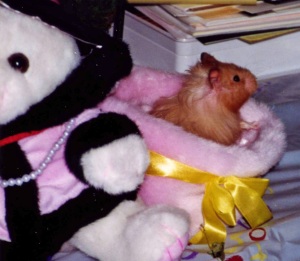


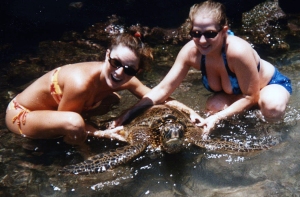
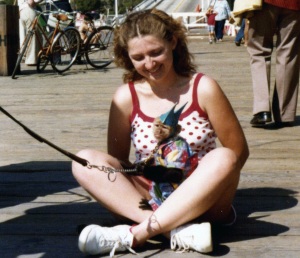

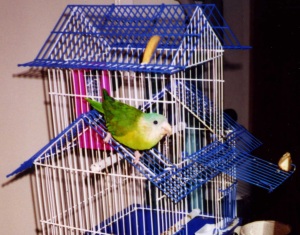
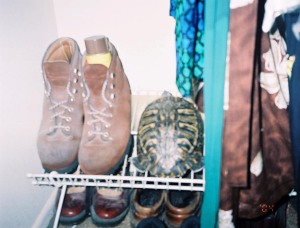

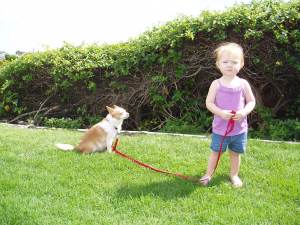
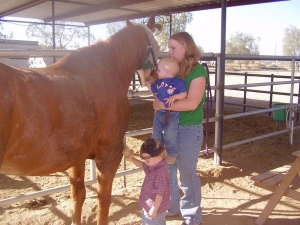
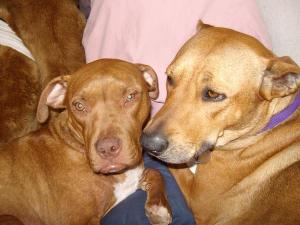


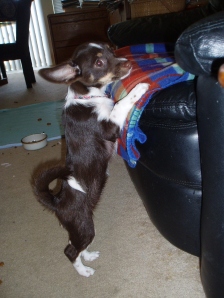


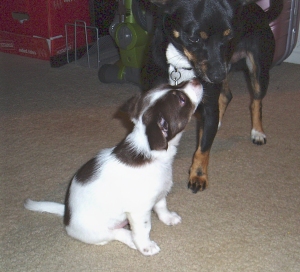
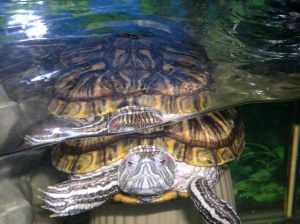
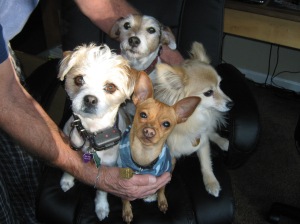












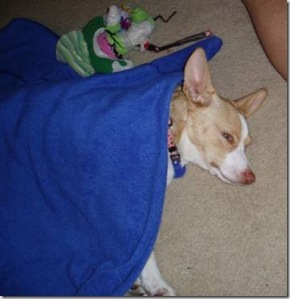



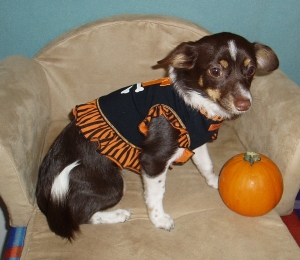



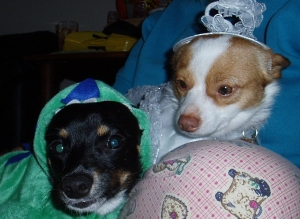









[…] Chimps Do Not Make Good Pets!! […]
Pingback by The Wrap at Ask Marion 10.27.13 Thru 11.03.13 | askmarion | November 4, 2013 |